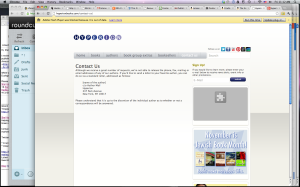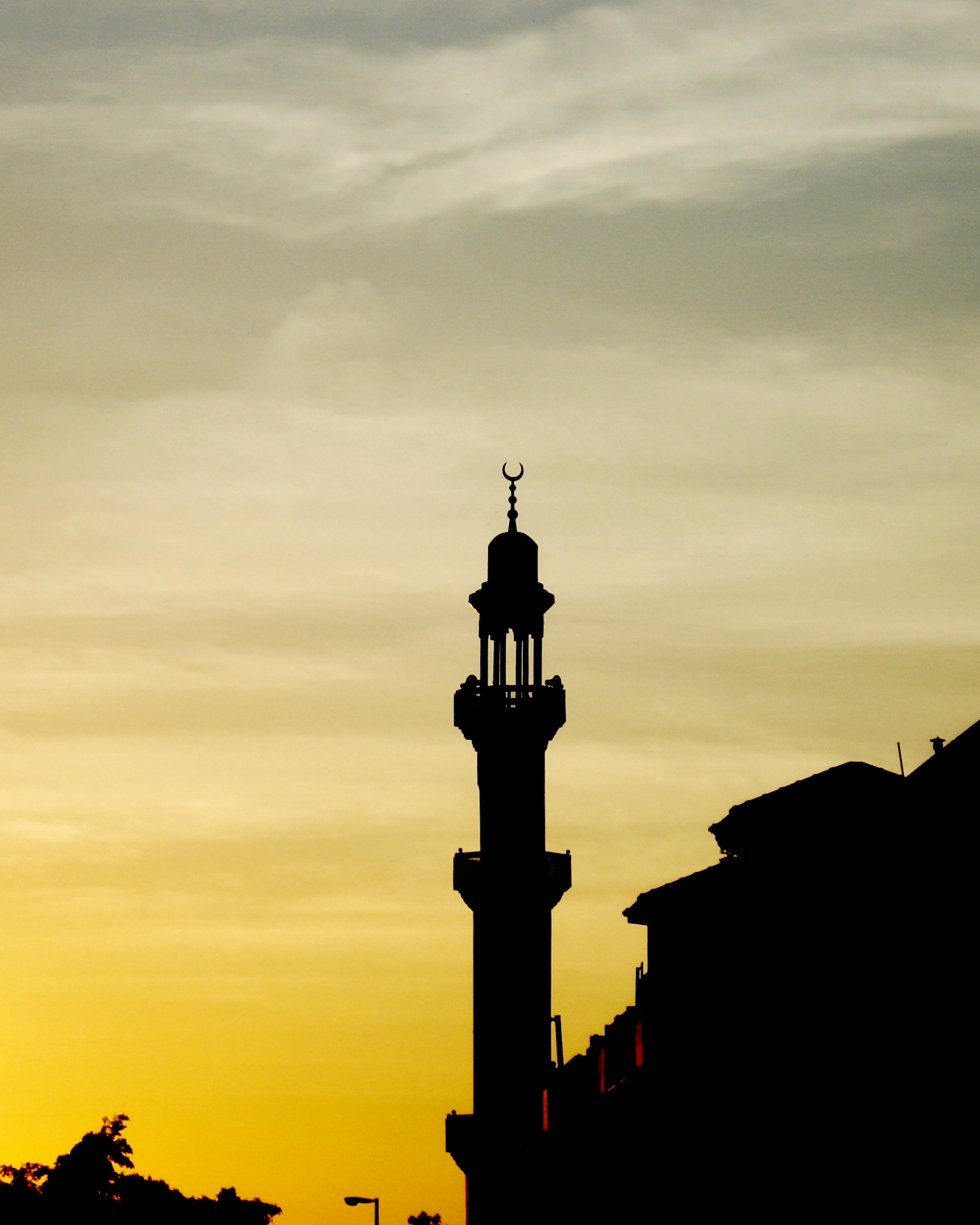This year, at Book Expo America, I interviewed Enrique Parrilla, co-founder of pentian.com, with offices in Sevilla (Seville), Madrid, and Los Angeles. Pentian marries publishing services with crowdfunding—something I don’t think the publishing world has seen before, and something that to me at least seems more attractive than the typical subsidy publishing model of most publishing services companies (which is not, typically, a good deal for the author). How it works out remains to be seen—and meanwhile, here’s what Parilla had to say about it:
The main difference between Kickstarter etc. and us is that the backers provide the funds. [Kickstarter donors[ may get a signed copy, a named character, but that’s it. We wanted to create a connection between the author and the community. A financial connection. The backers receive a percentage of sales.
Benefits to author:
Every backer becomes invested in success of the book. You get a much more viral connection with the market, you have 20, 40, 50 backers.
You make every backer a publisher, and they obtain profit from the success of the book.
You present the book proposal to us. We own the entire production chain, layout, design, marketing, production, distribution. We’re able to assess the costs of publication, and publish at a substantially lower cost. We are not getting a fee on the production. Once the sales start, we work with the net profit. But the cost of production will change from one continent to another, so it is difficult to come up with percentages on the retail price. So we take all the net profits and put them in a big bag. 50% goes to the backers, proportional to their investment. 40% goes to the author. 10% goes to the publisher.
The model is disruptive in several ways:
The percentage to the publisher is much lower because so much goes to the backers and the authors. This is sufficient, because the cost of production is covered by the fundraising campaign, and we print on demand.
Initially, when we receive a manuscript or proposal, there is an evaluation. If the thing stinks, we will offer to fundraise for professional editing services. We will come up with a budget, custom made for each proposal. If they need an illustrator, we’ll budget for that.
We will accept anything not indecent or violent. We have done fundraising books for charities, novels, children’s books. 70% fiction, 20% nonfiction, and the rest is a hodgepodge.
Unlike Kickstarter, we put a cap on the funds to be raised. We are really striving to be fair and to provide a sense of urgency. If you see a book is doing well, if you do not jump in, you may be left out. We can do additional campaigns for marketing, etc., but once we set the budget, when it’s gone, it’s gone. So you see the funding accelerating rapidly when a book hits 60-70% of its funding goal. The viral concept works really well. People start swarming out, and we don’t always understand why—but when it happens, it happens very quickly. Some books sit at 5% and don’t get funded. The investors get the full amount returned. If the author raises half, we’ll look at options like digital-only format. We’ll look at options to make it work.
Backers do not have the certainty that a book will get funded. As a publishing company, we make sure the publishing happens and the book sees the light of day.







